In mid-2025, the Technical Education and Skills Development Authority (TESDA) rolled out a large-scale free competency assessment program for Overseas Filipino Workers (OFWs) based in Jeddah and Riyadh, Saudi Arabia. A total of 970 OFWs took part in the initiative, which focused on equipping them with formal certification in some of the most in-demand global skills.
The assessment covered a wide range of qualifications, including:
- Caregiving NC II – highly sought after in households, hospitals, and eldercare facilities.
- Electrical Installation & Maintenance NC II – critical for workers in construction and maintenance sectors.
- Barista NC II – opening opportunities in hotels, restaurants, and the booming café industry in the Middle East.
- Other vocational and technical skills, designed to match both current employer needs in Saudi Arabia and reintegration opportunities back in the Philippines.
Why It Matters
Many OFWs already possess years of work experience but lack formal documentation or proof of competency. TESDA’s assessments bridge this gap by:
- Providing official certificates that validate their skills, making them more competitive in the global labor market.
- Enhancing job mobility, allowing workers to apply for higher-paying roles or transfer to better employers.
- Supporting reintegration, since certified skills can be used to find employment or start businesses upon returning to the Philippines.
Collaboration with the DMW and OWWA
The program was made possible through coordination with the Department of Migrant Workers (DMW) and the Overseas Workers Welfare Administration (OWWA). Both agencies ensured that participants were pre-registered and that the assessments were accessible even to those with limited time off from work.
The Bigger Picture
This initiative is part of TESDA’s broader vision of turning skills into real economic opportunities. By conducting the assessments on-site in Saudi Arabia, TESDA ensures that workers do not have to wait until they return home to secure official recognition. It also sends a clear message: Filipino workers are not just laborers—they are skilled professionals whose expertise deserves acknowledgment.
The Takeaway
For OFWs, this program represents more than just a piece of paper—it is a passport to better opportunities, fairer wages, and long-term security. With more rollouts expected in other countries, TESDA’s measures mark an important step in empowering migrant workers through education, skills recognition, and certification.
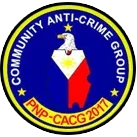

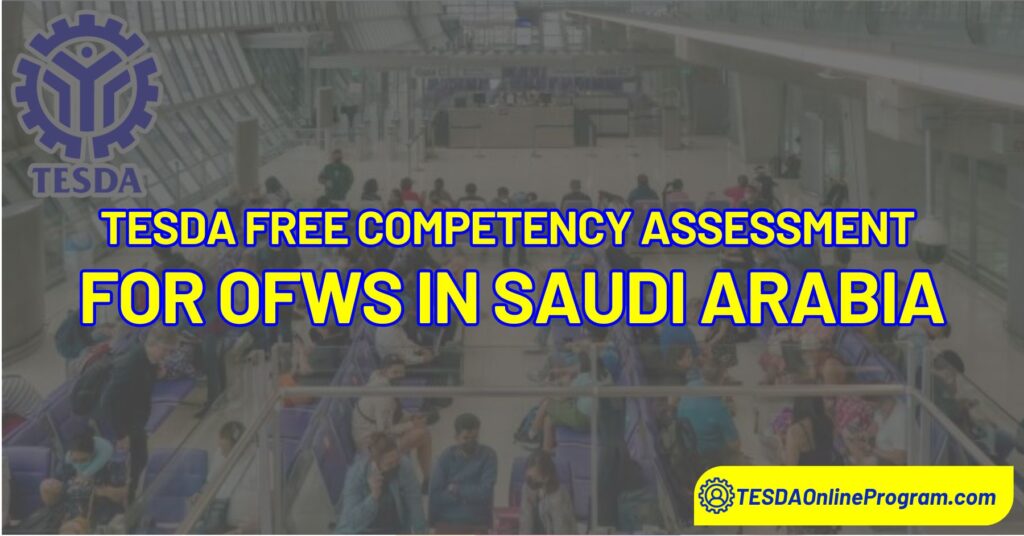
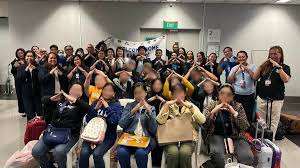

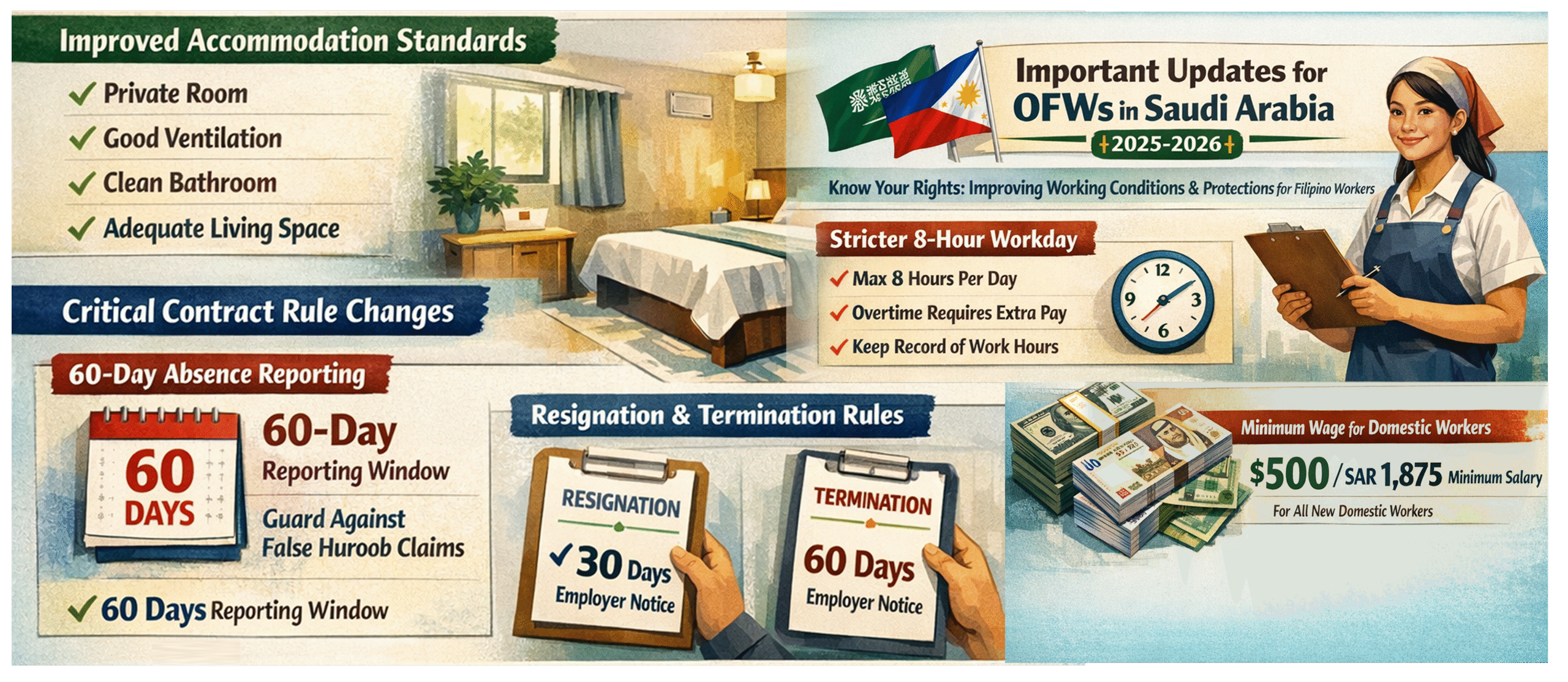
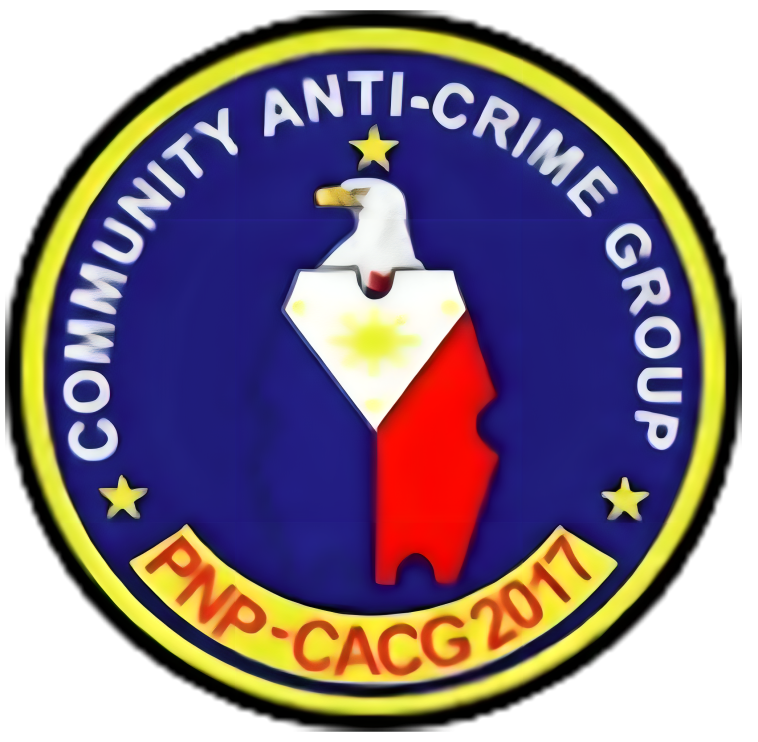 then choose "Install".
then choose "Install".